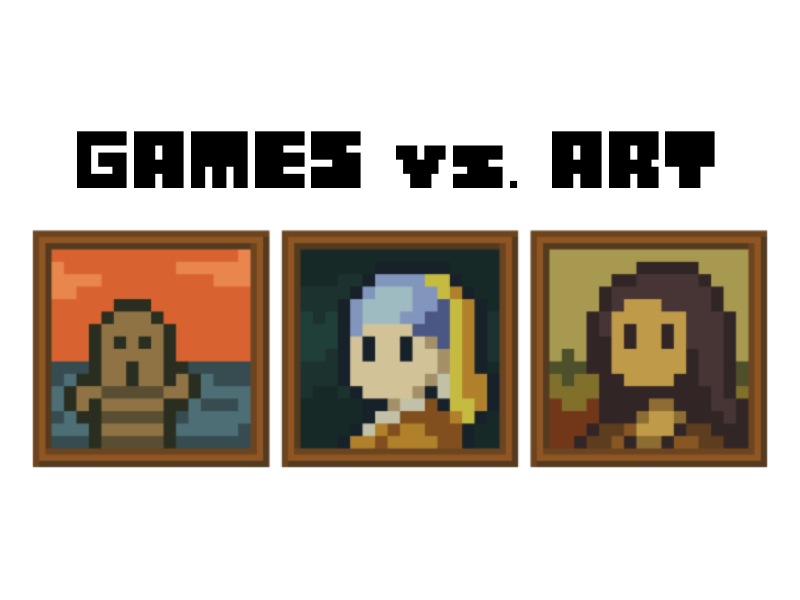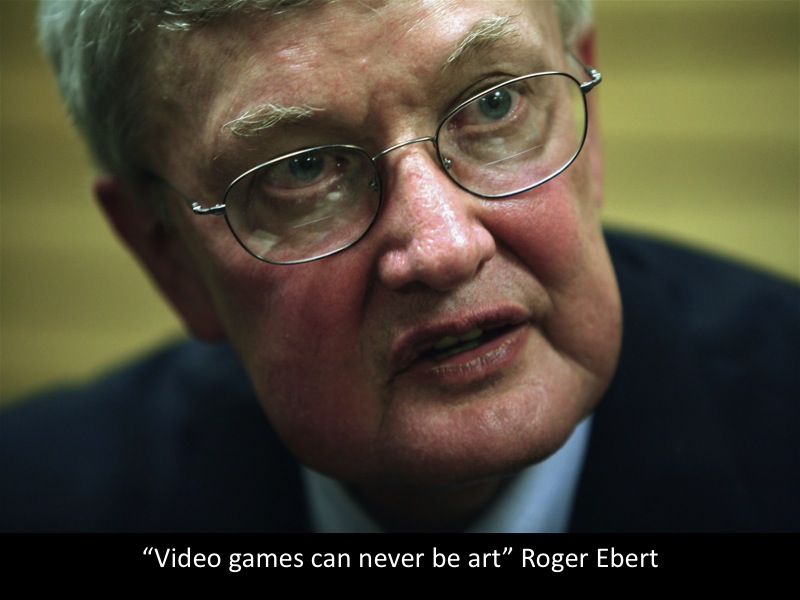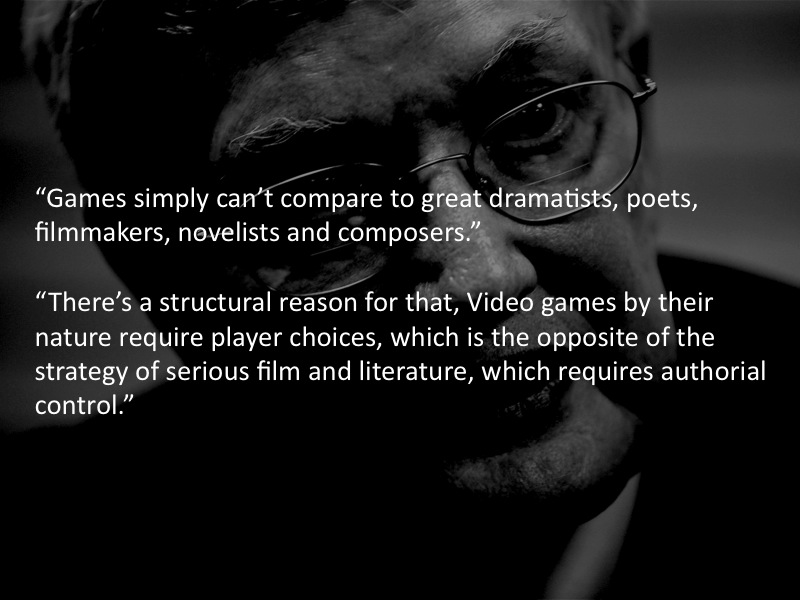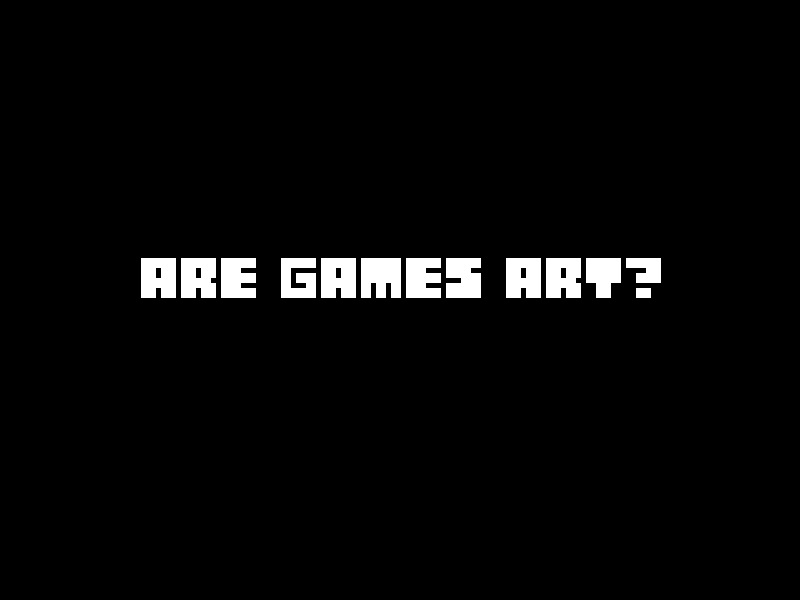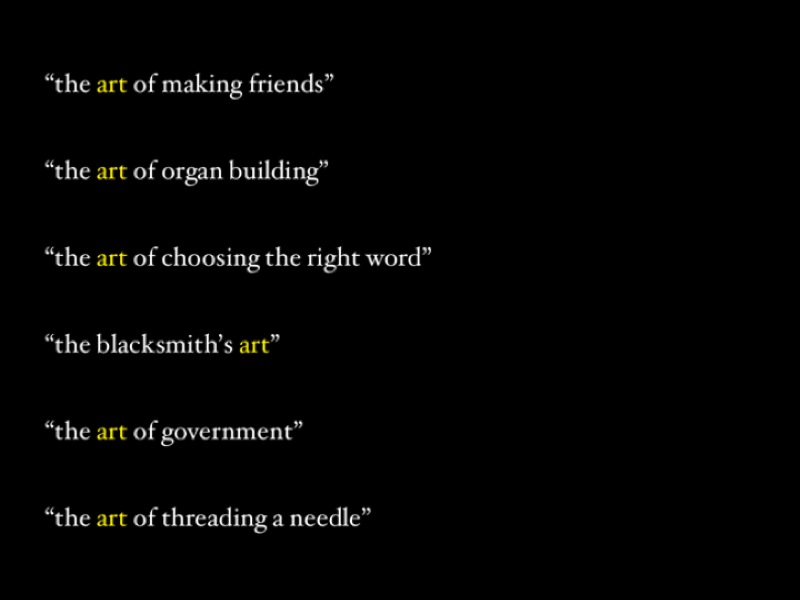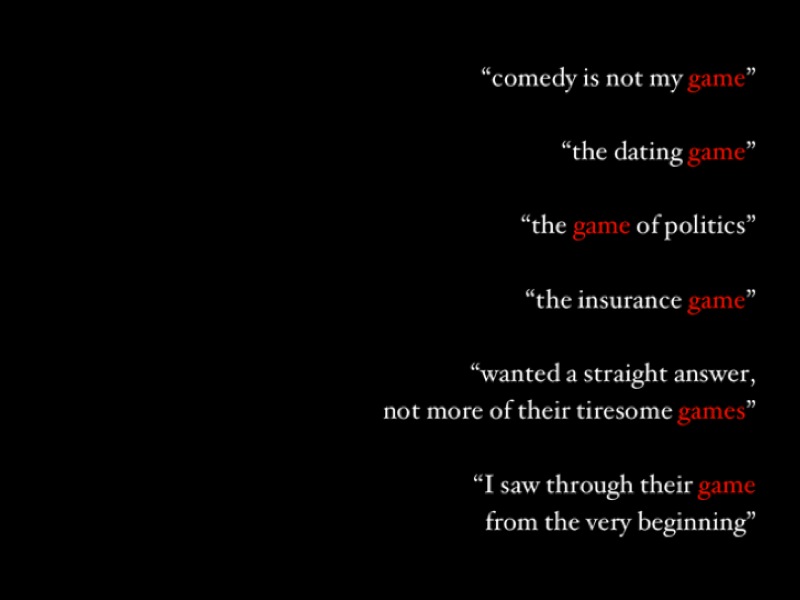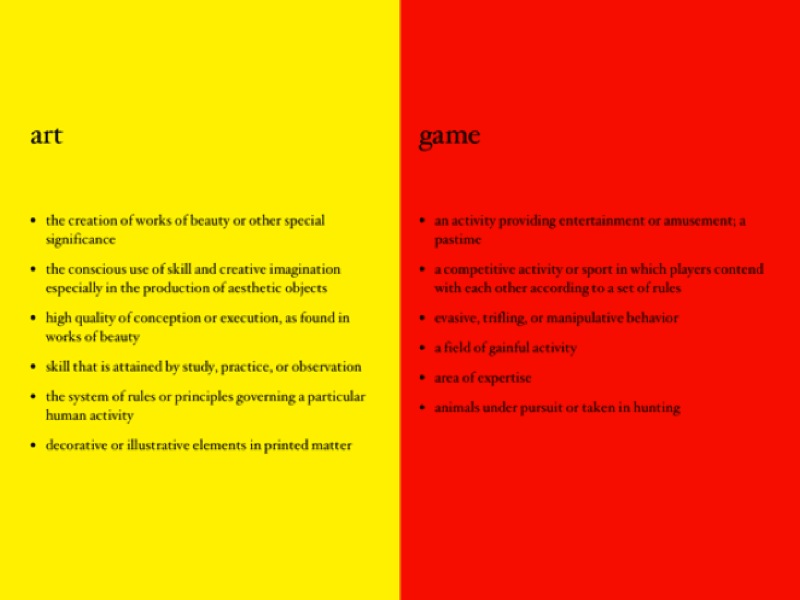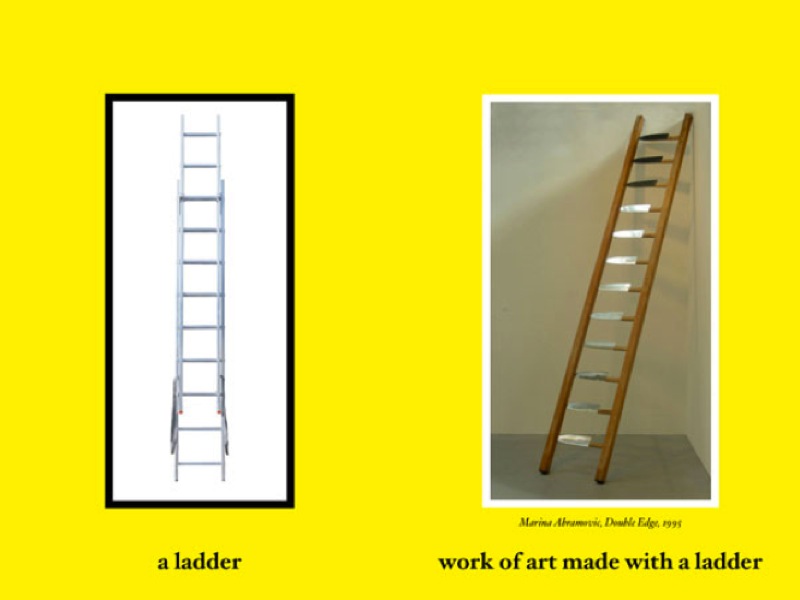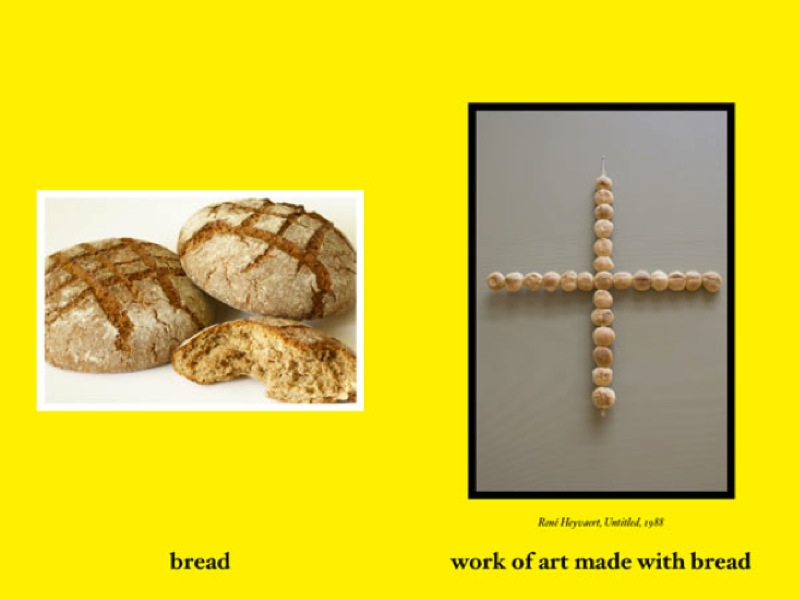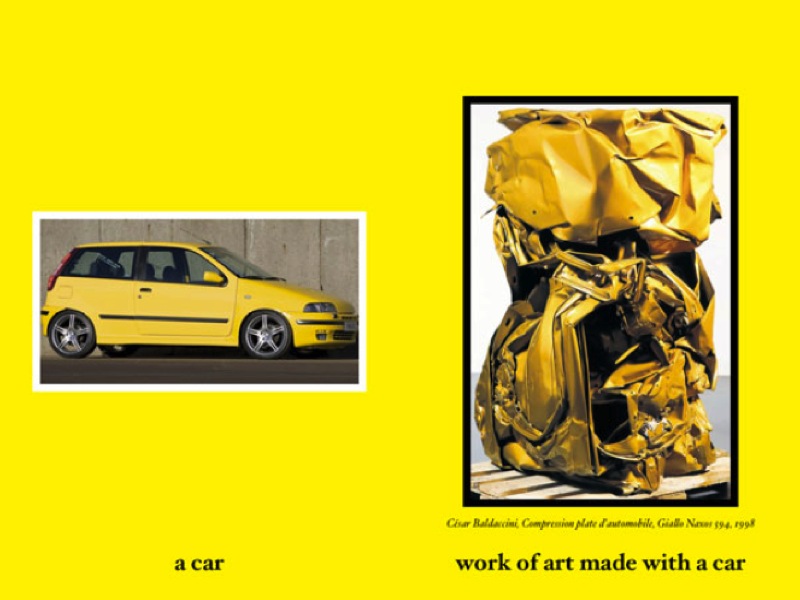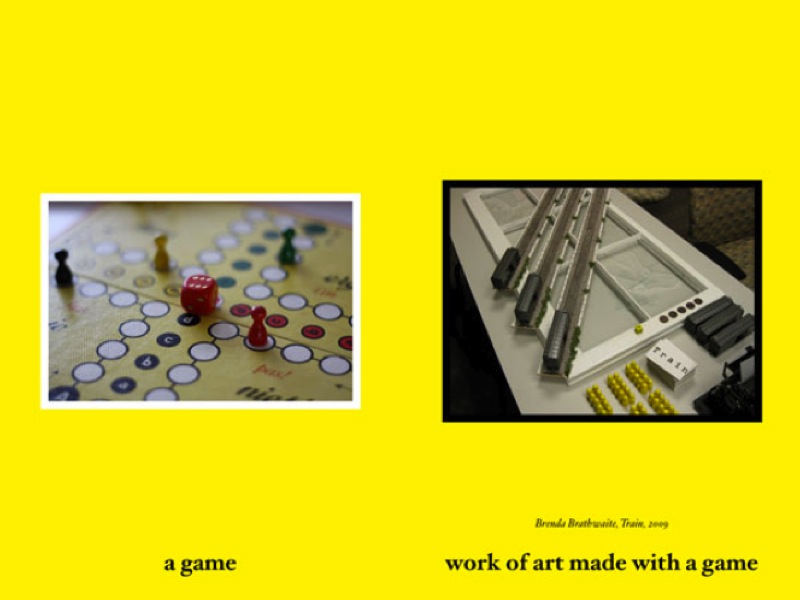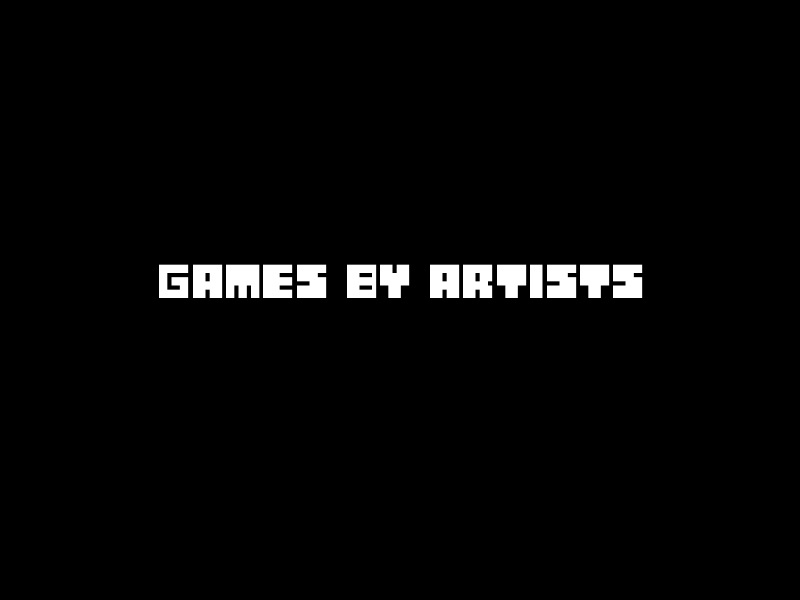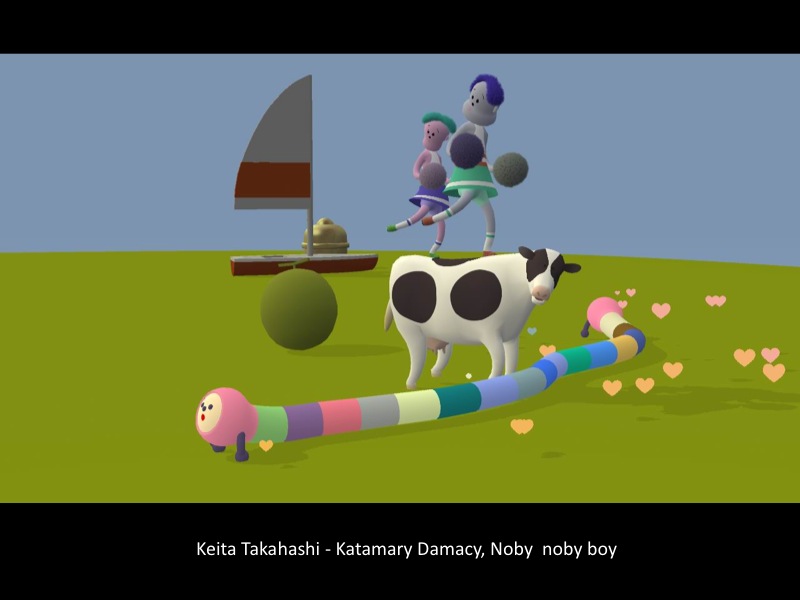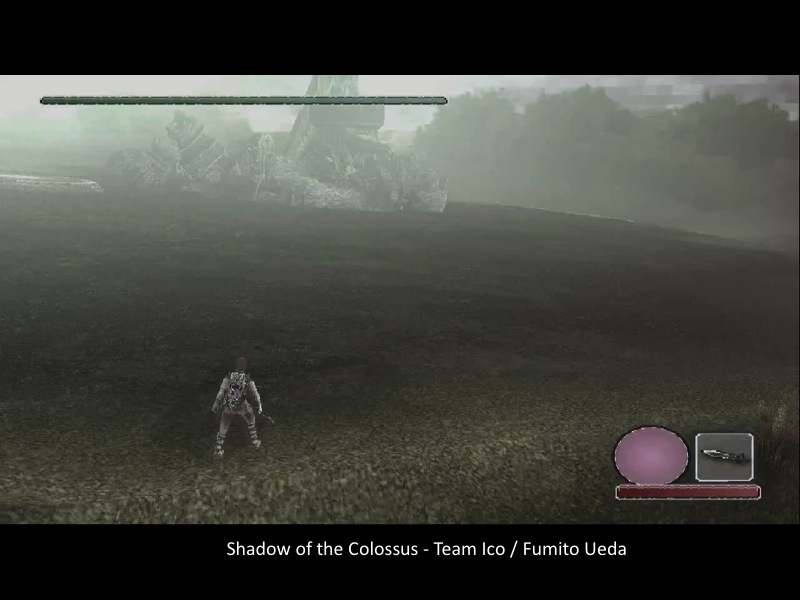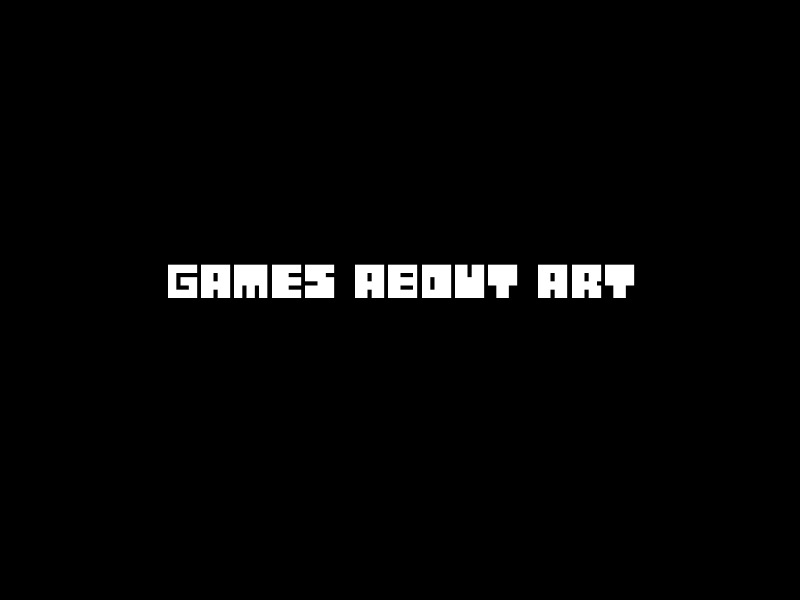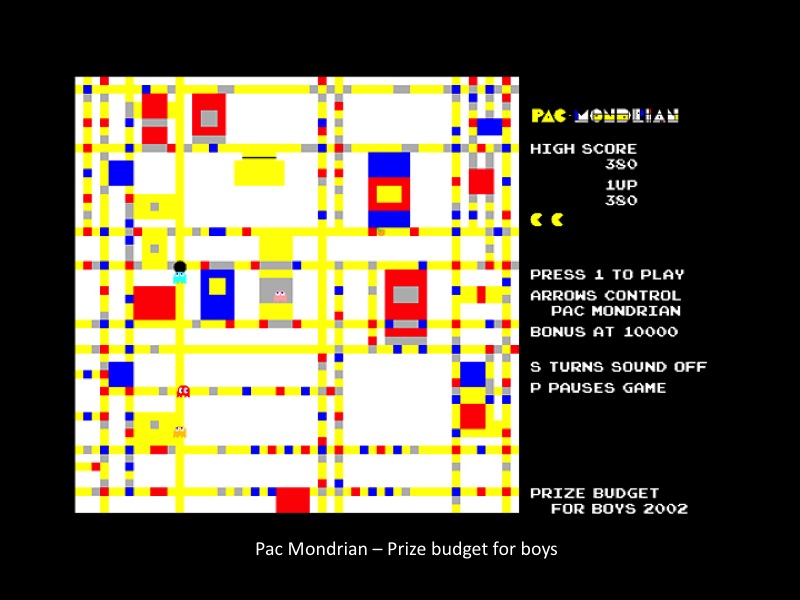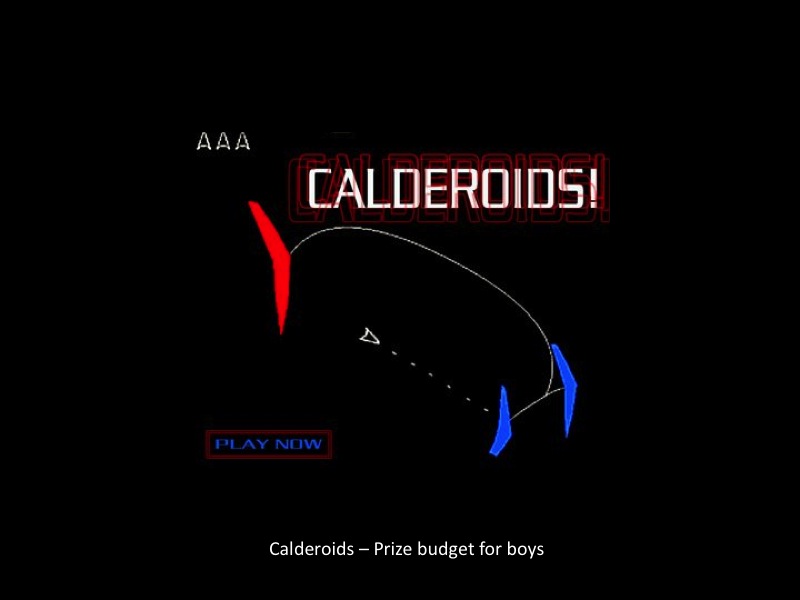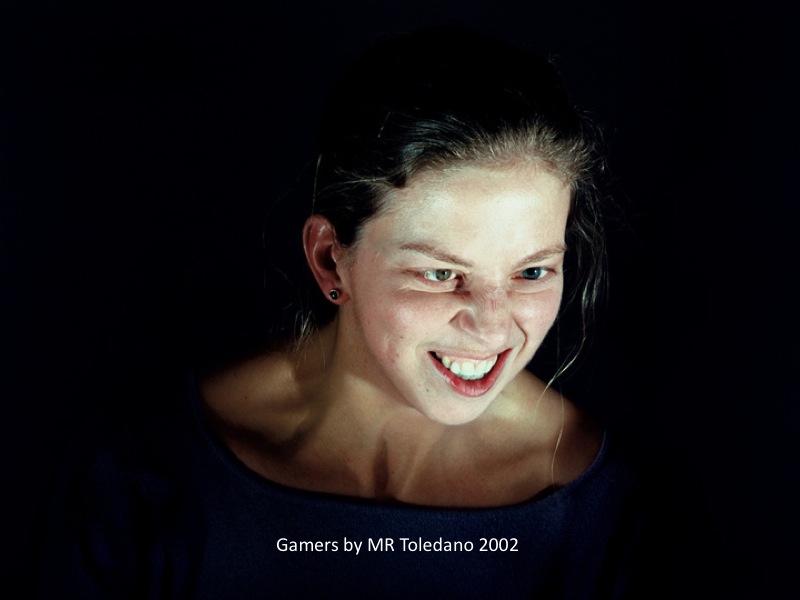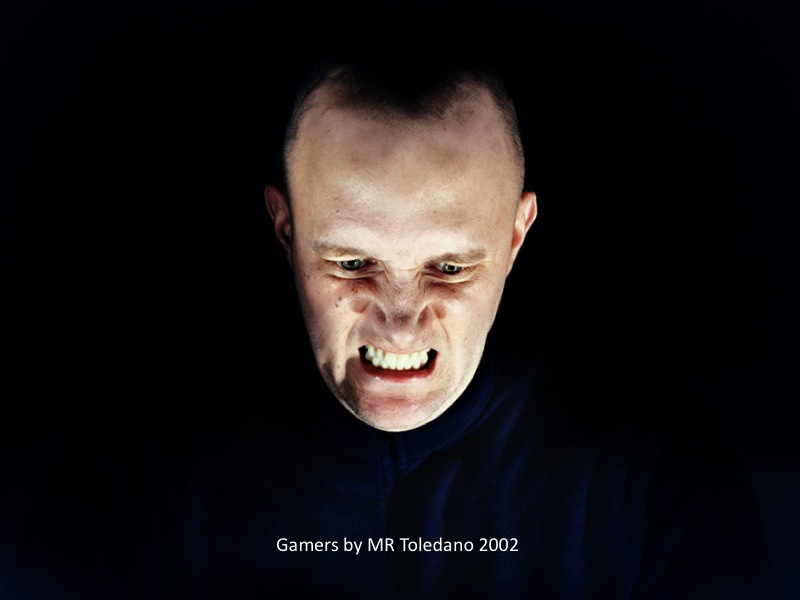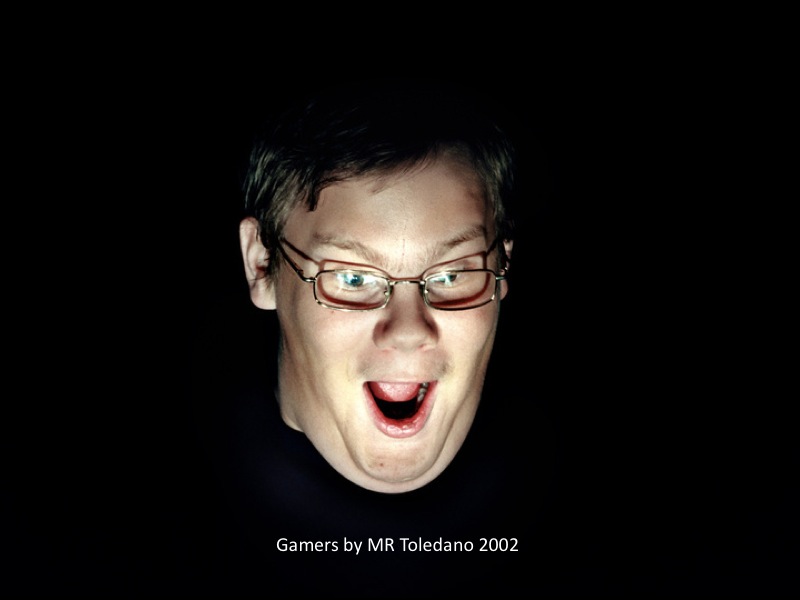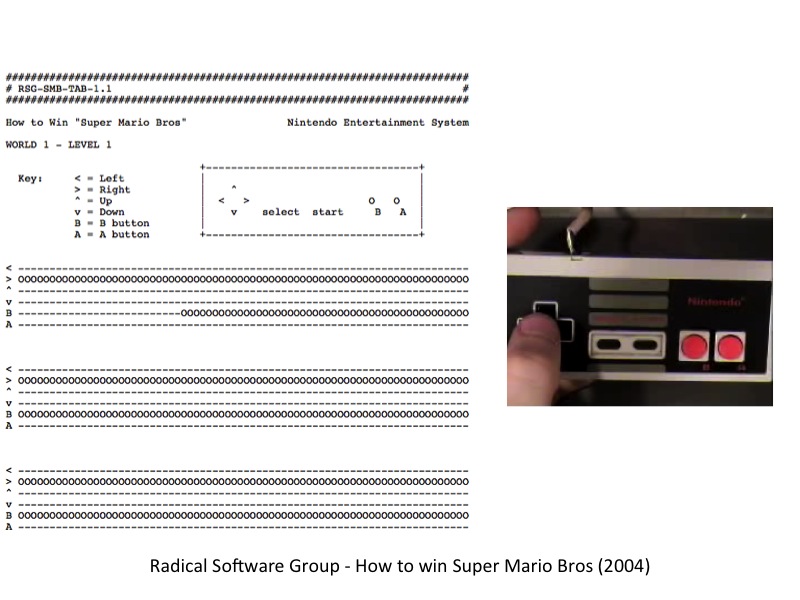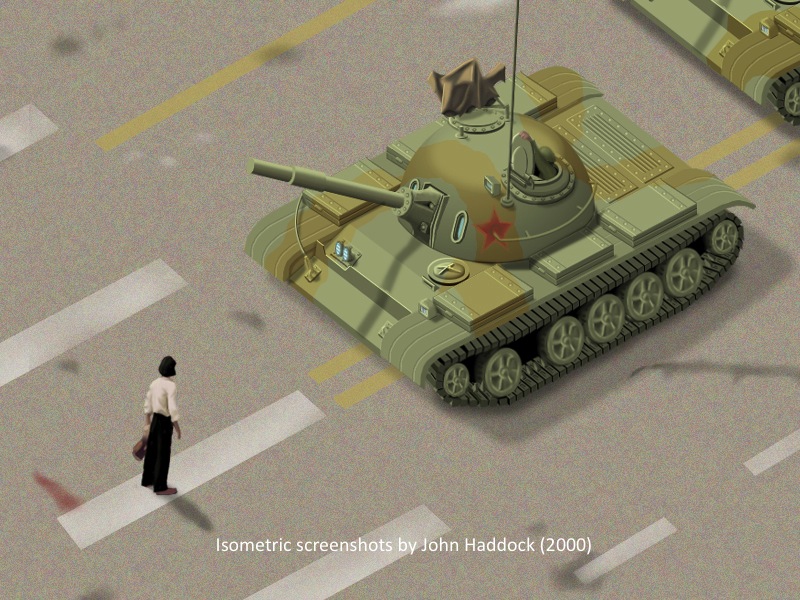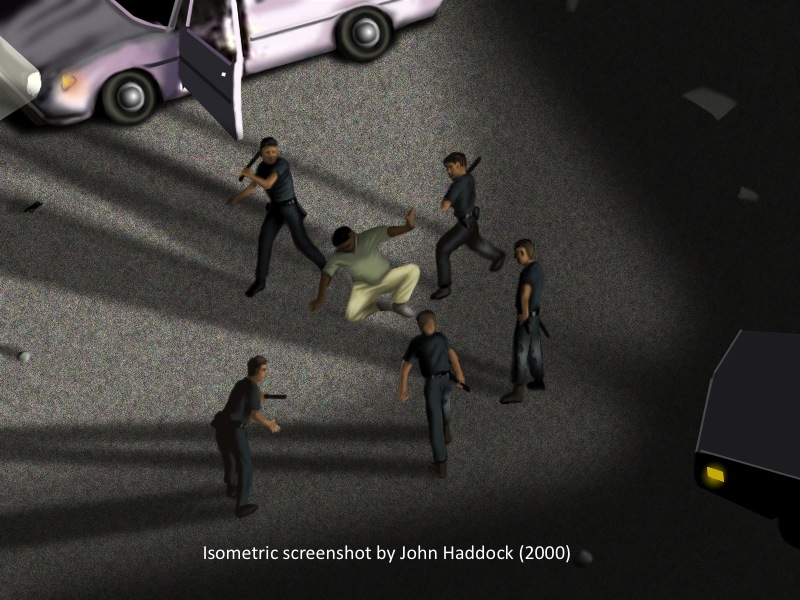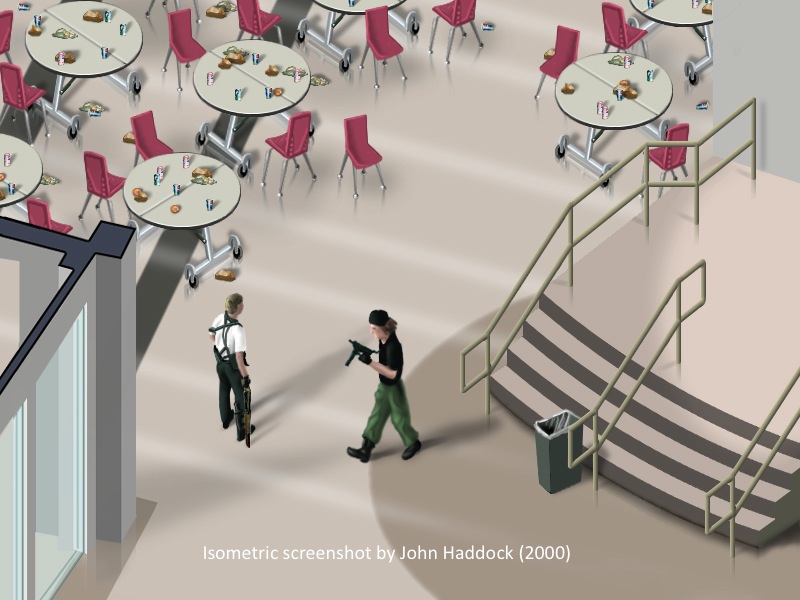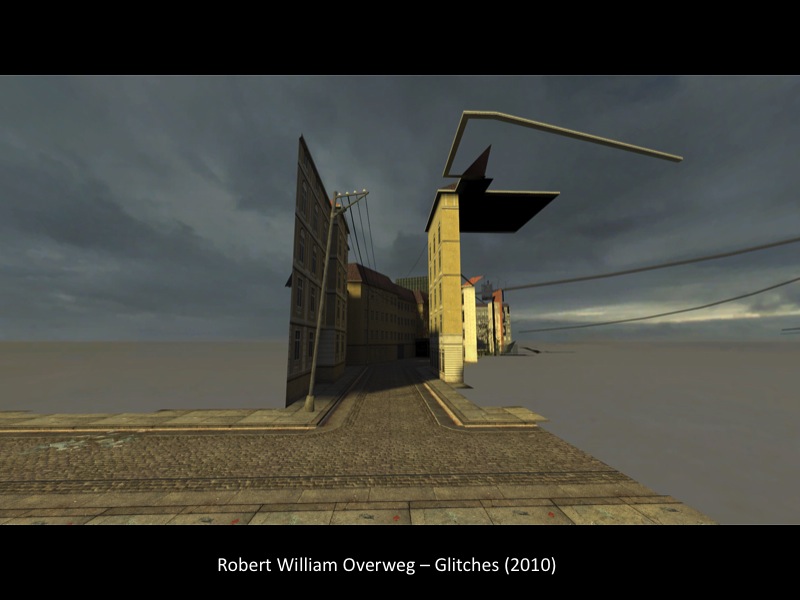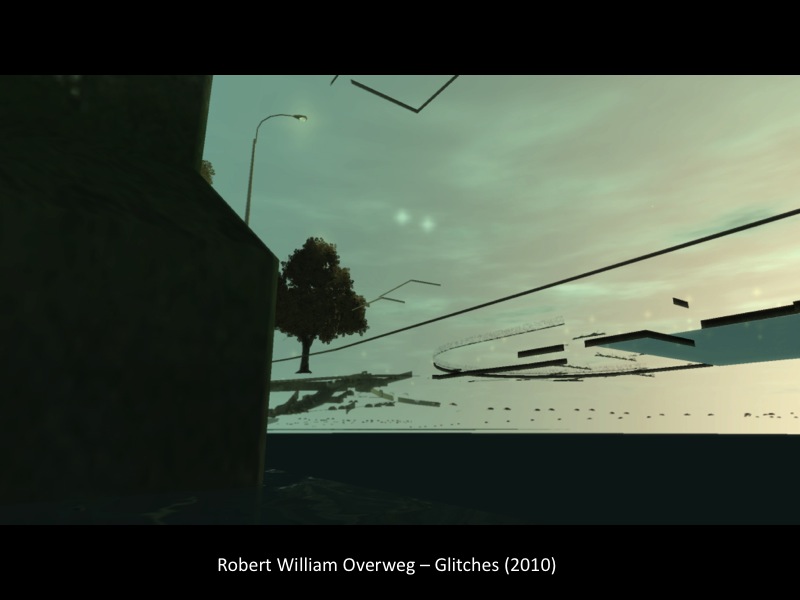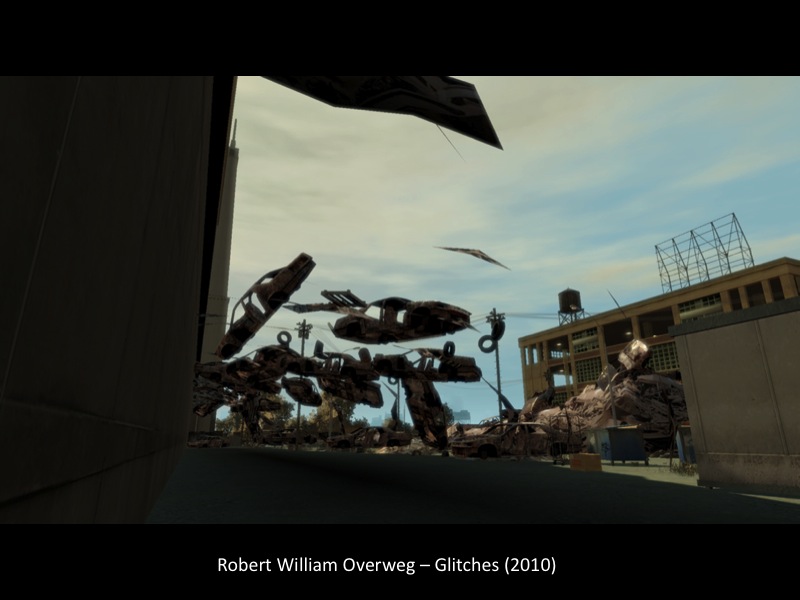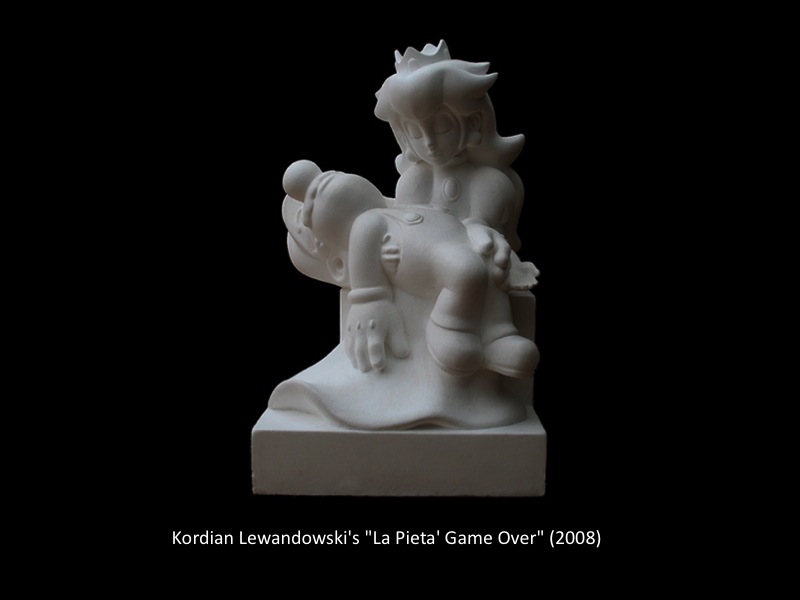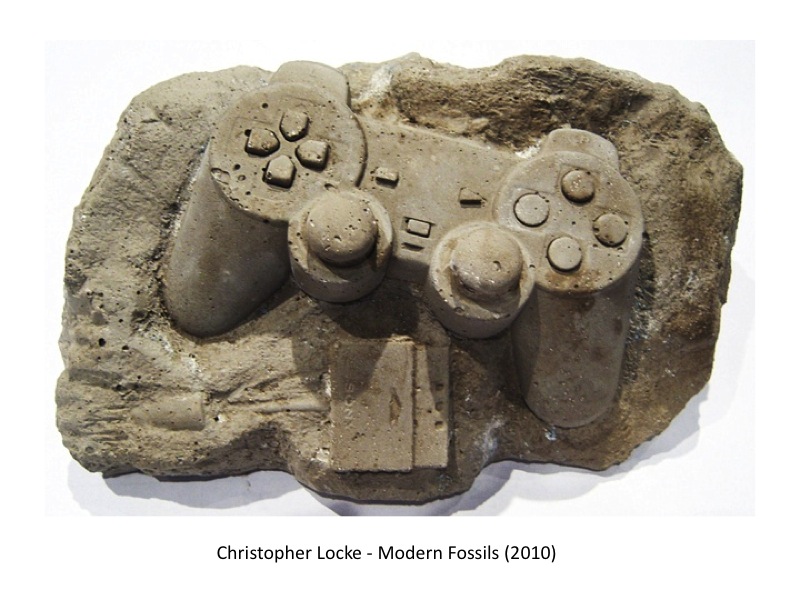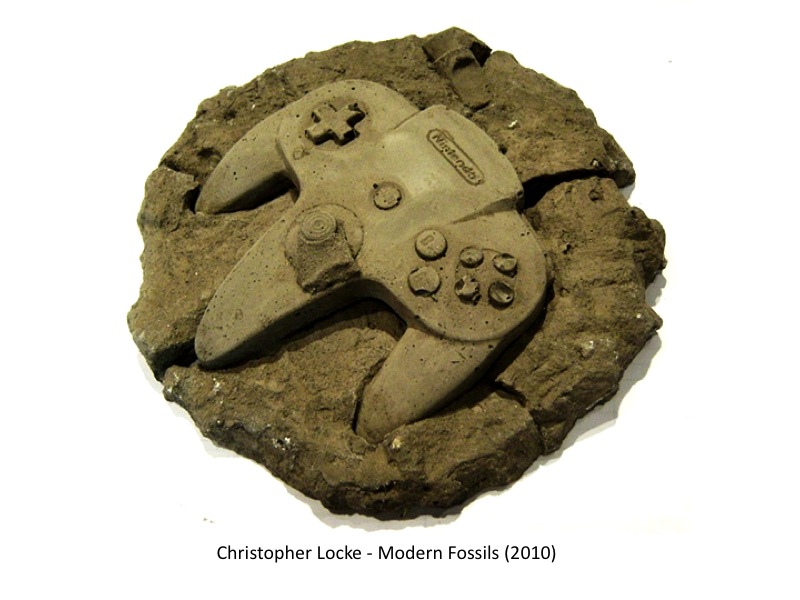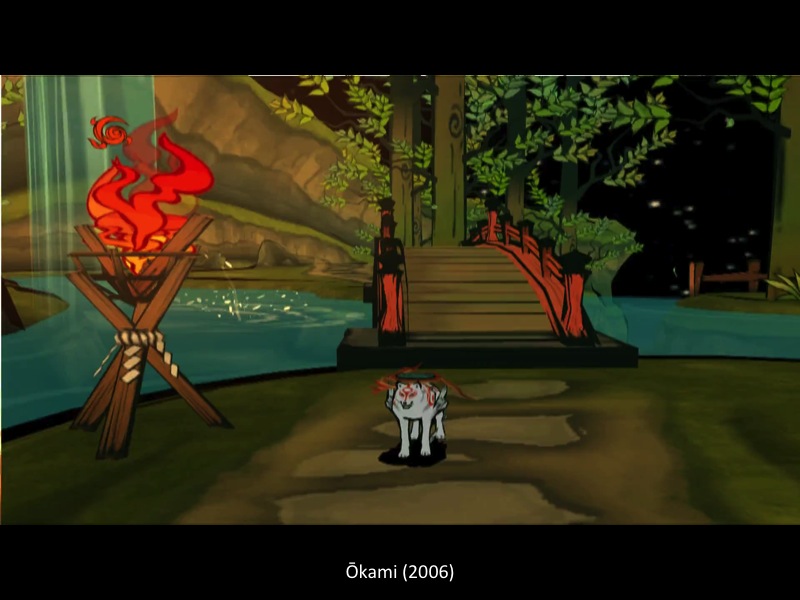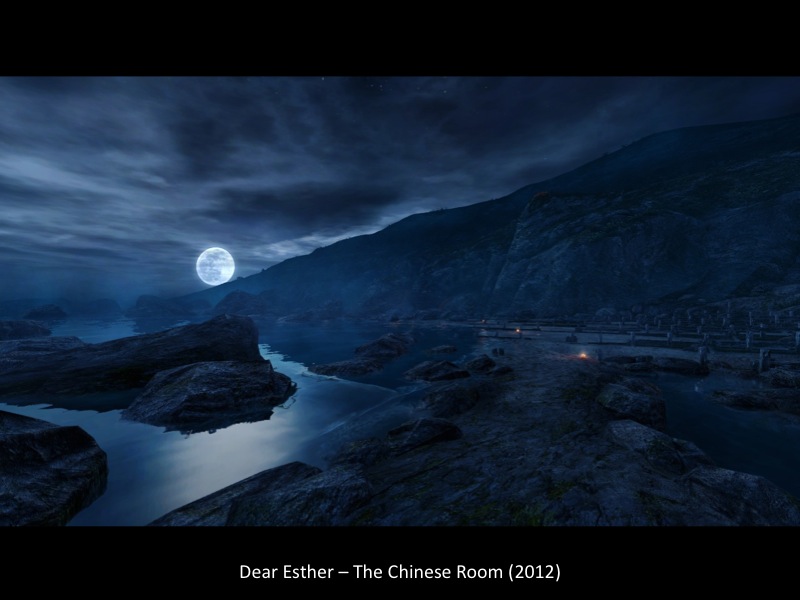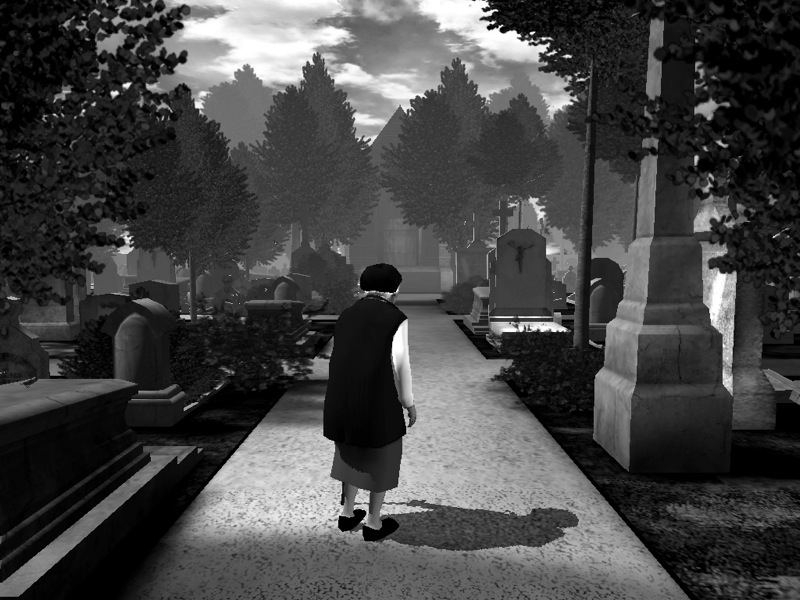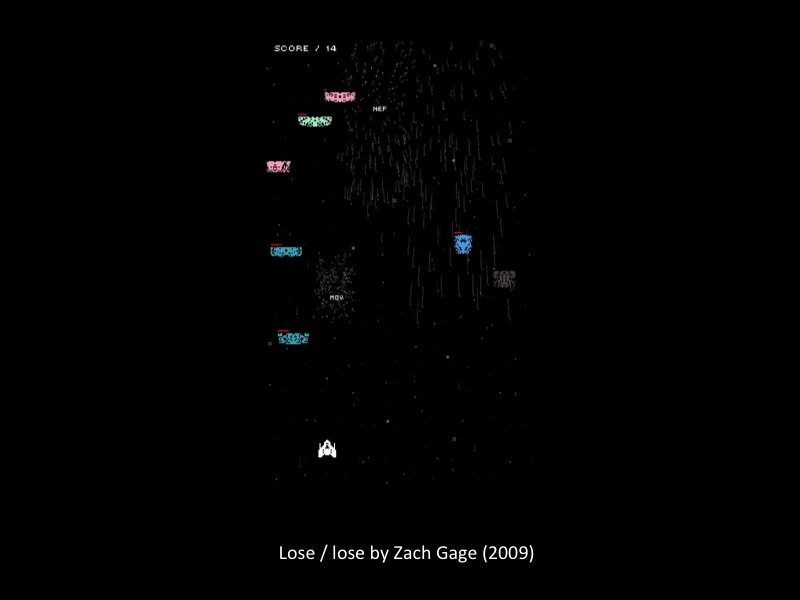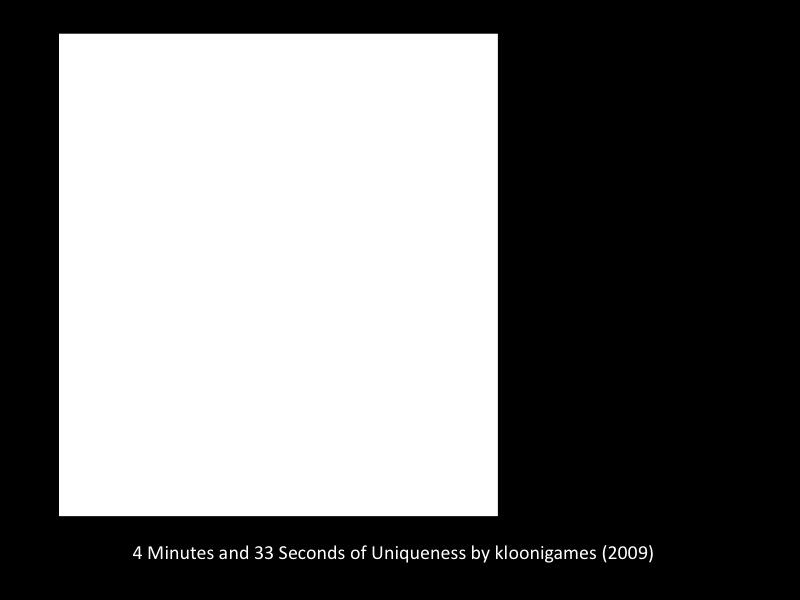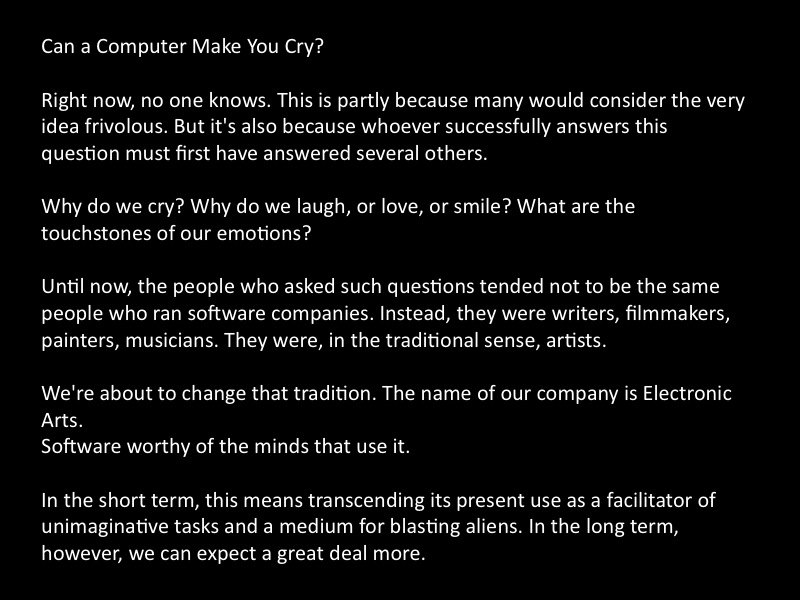Heated debate in the last 5 or so years mostly because of this:
We are in an art school so I won’t even waste time dissecting this outlandish BS.
However in the game industry and some non-art circles this question got some traction:
It’s a complex question.
Here’s some slides I stole from Tale of Tales:
Which is a nice way to say that art, since the beginning of the 20st century does not discriminate on a medium basis.
To make things more complicates, in the last 15 years or so there have been many crossovers between art and games.
This is not a rigid taxonomy, most areas ovelap with each other:
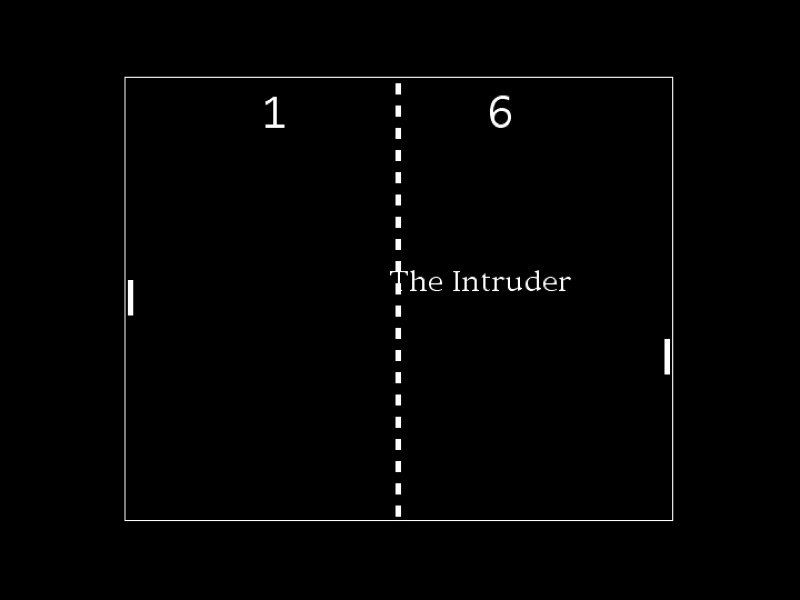
1999
In Natalie Bookchin’s piece, The Intruder, we are presented with a sequence of ten videogames, most of which are adapted from classics such as Pong and Space Invaders
Advance a short story by borges
Art mods – I have a whole lecture on that
Toshio Iwai is a Japanese interactive media and installation artist
Keita Takahashi studied sculpture. Her doesn’t quite like the industry and he’s working on a playground.
“If I was not in the games industry, I would want to become a classical artist. Though I regard not only games but also anything that expresses something – be it films, novels or manga – as forms of art.”
Ueda graduated from the Osaka University of Arts in 1993. In 1995, after trying to make a living as an artist, Ueda decided to pursue a career in the videogame industry.
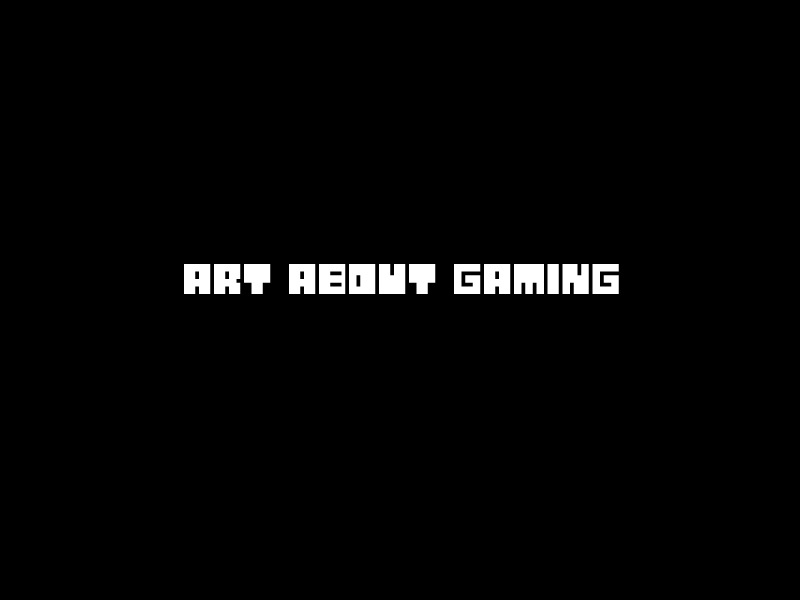
Or investigating gaming as a way to highlight aspects of our society.
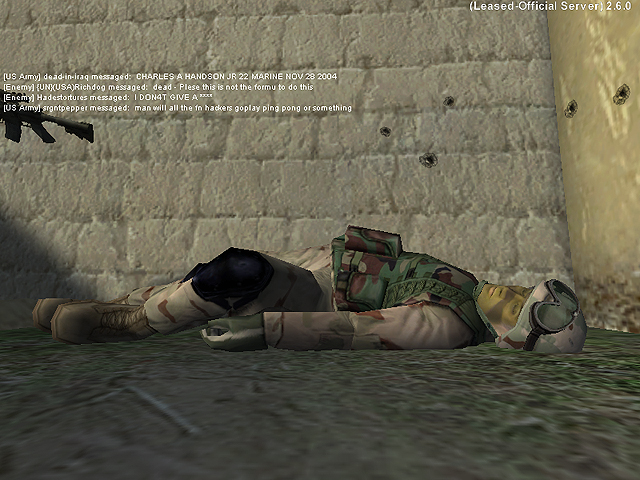
Dead in Iraq by Joseph Delappe, 2007
Online performance in America’s Army
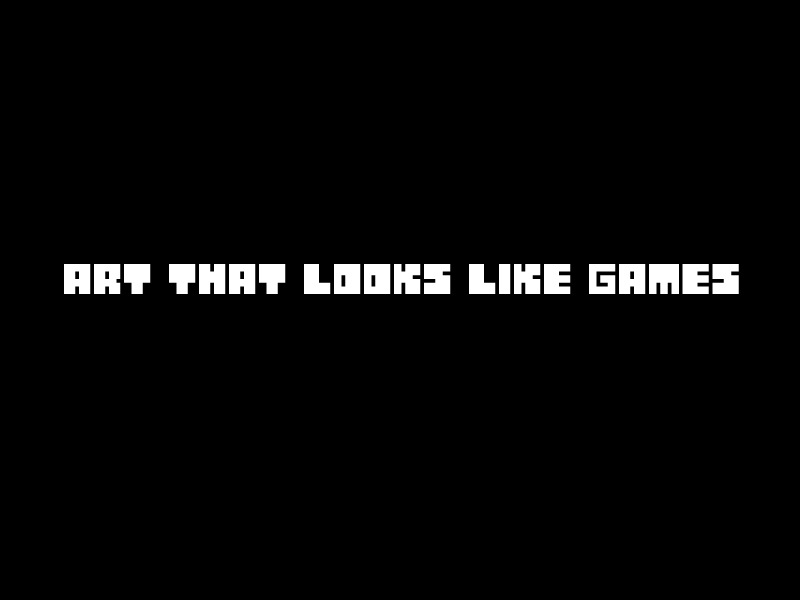
I’m talking about game art (I have a whole lecture also about that) which is generally just a subgenre of pop-art that elaborates on gaming culture images, aesthetics and icons.
In-game photography:
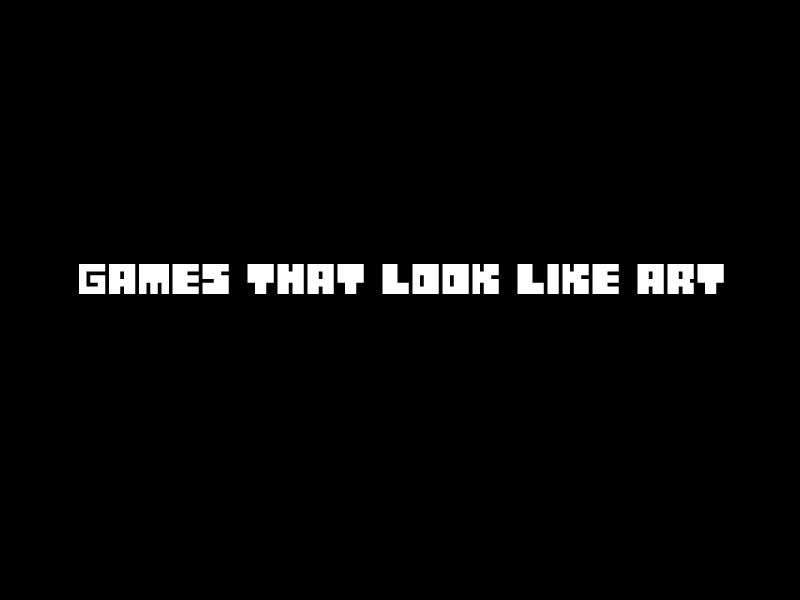
Games that are so pretty and/or influenced by visual art that people say: “Oh that’s art!”
Or visually edgy:
Windosill – vectorpark (2009)
Patrick Smith is also a fine artist
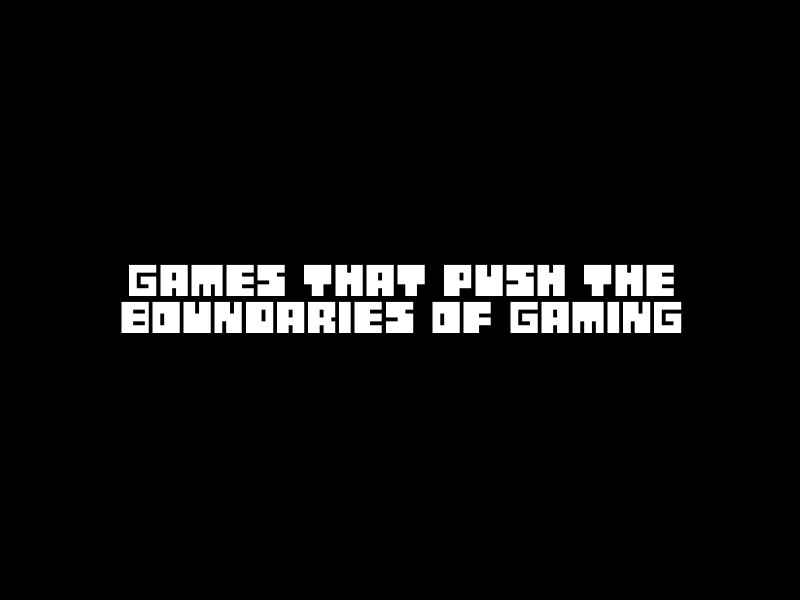
Things that make you wonder: “Wait, is this a game?”
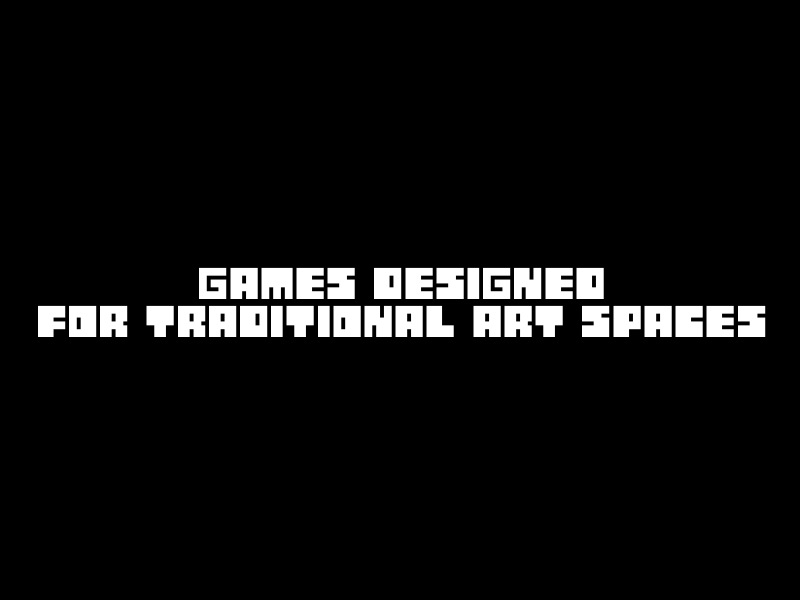
The white box is the meta-medium of the 21st century, everything that inhabits it becomes art.
The museum/gallery space allows for custom hardware and software, a great degree of environmental control and total expressive freedom in terms of content.
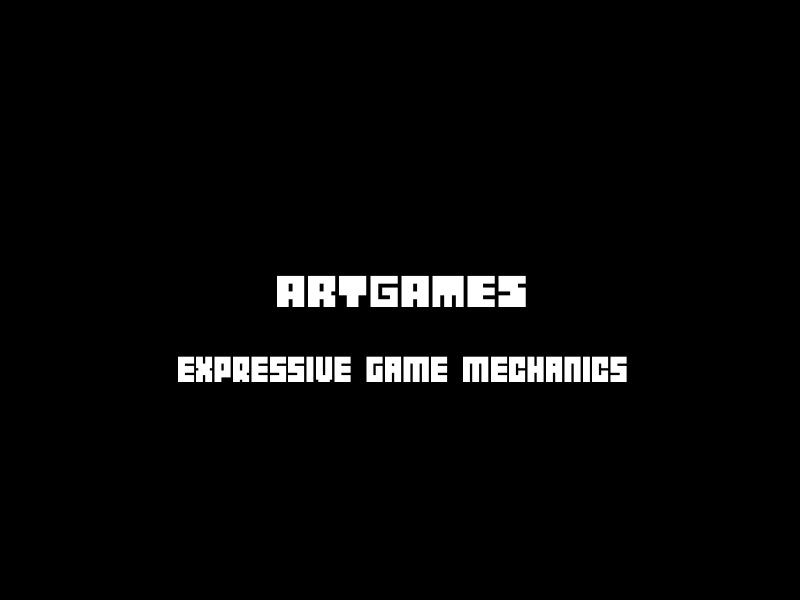
Author/arthouse games, not primarily directed toward fine art contexts and crowds.
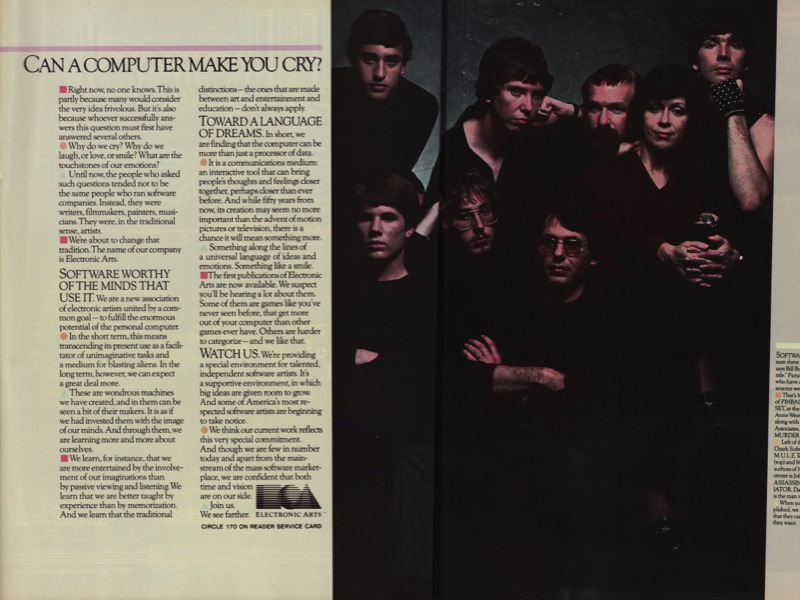
Like or not it generated the “can it make you cry?” validation test for expressive/artsy games.
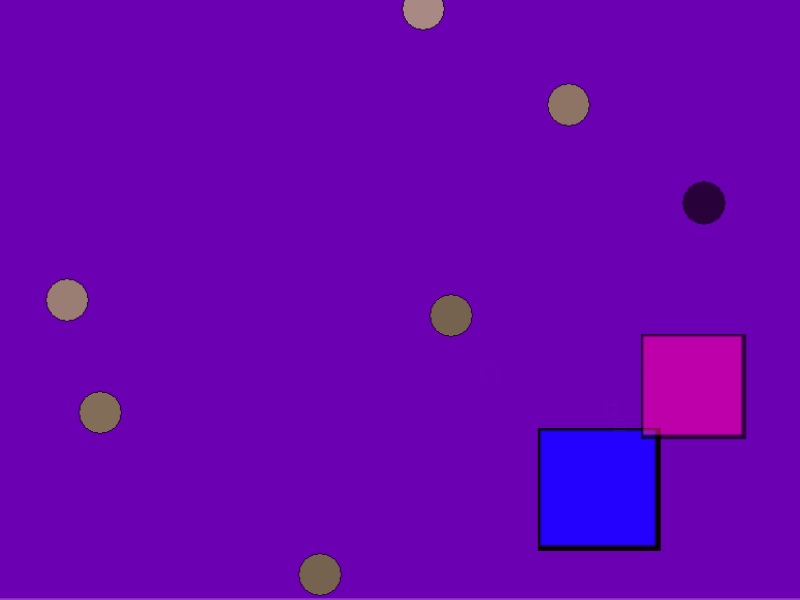
Rod Humble (Sims, Linden lab) – the Marriage
A game designer’s procedural representation of life as a couple
Mechanics and story/themes reinforcing each other.
Retro-zen game poetry

